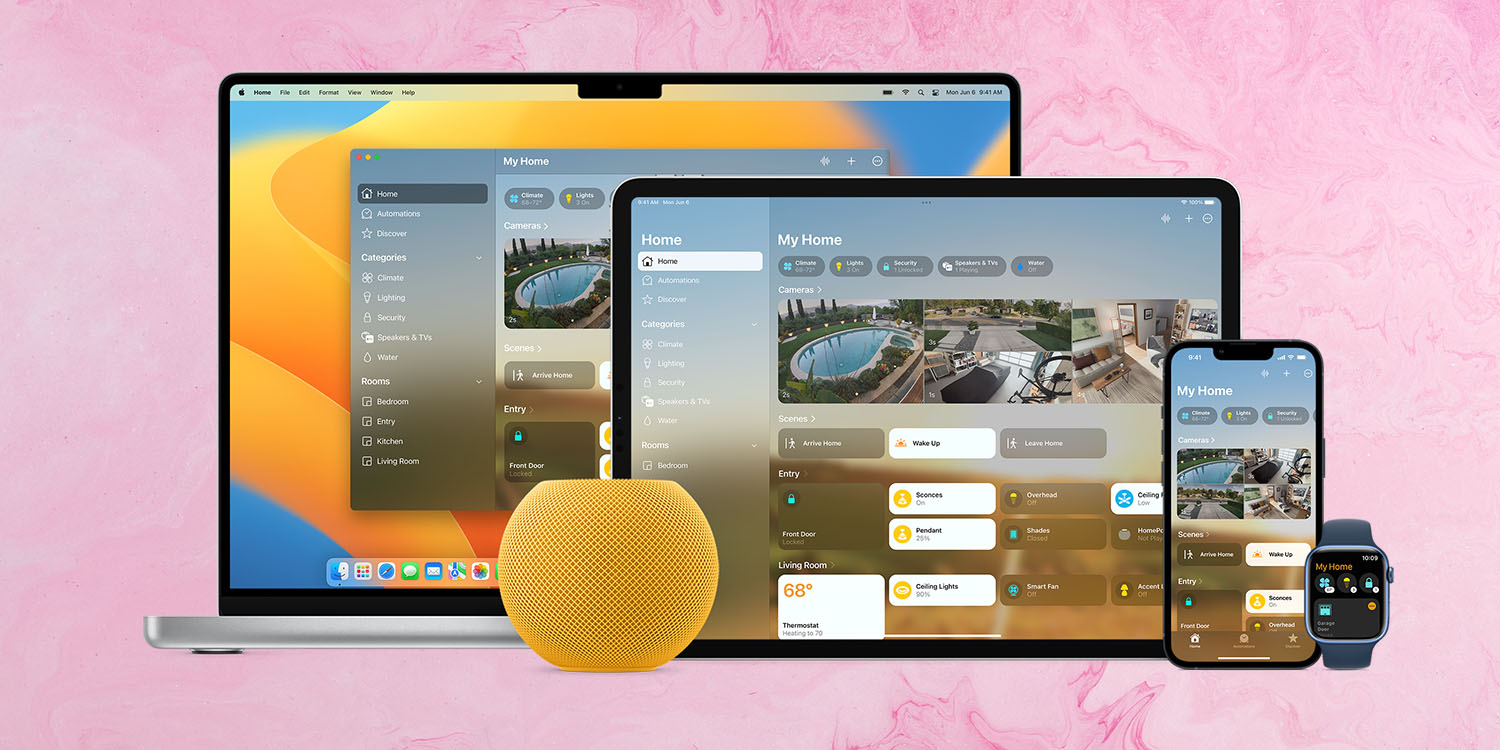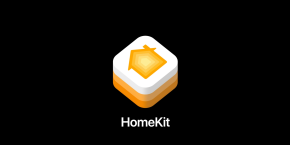
The White House has announced a plan intended to improve the security of smart home tech. The government will test everything from smart speakers to Wi-Fi routers, awarding a US Cyber Trust Mark logo to products which pass the tests.
The National Institute of Standards and Technology (NIST) will set the standards to be met, and the Federal Communications Commission (FCC) will manage the program …
The scheme was announced today, with the backing of a number of major companies and organizations – but without mention of Apple as yet.
The Biden-Harris Administration today announced a cybersecurity certification and labeling program to help Americans more easily choose smart devices that are safer and less vulnerable to cyberattacks. The new “U.S. Cyber Trust Mark” program proposed by Federal Communications Commission (FCC) Chairwoman Jessica Rosenworcel would raise the bar for cybersecurity across common devices, including smart refrigerators, smart microwaves, smart televisions, smart climate control systems, smart fitness trackers, and more […]
Under the proposed new program, consumers would see a newly created “U.S. Cyber Trust Mark” in the form of a distinct shield logo applied to products meeting established cybersecurity criteria. The goal of the program is to provide tools for consumers to make informed decisions about the relative security of products they choose to bring into their homes.
Organizations which have backed the scheme are shown as:
- Amazon
- Best Buy
- Carnegie Mellon University
- CyLab
- Cisco Systems
- Connectivity Standards Alliance
- Consumer Reports
- Consumer Technology Association
- Infineon
- Information Technology Industry Council
- IoXT
- KeySight
- LG Electronics U.S.A.
- Logitech
- OpenPolicy
- Qorvo
- Qualcomm
- Samsung Electronics
- UL Solutions
- Yale
- August US
It’s surprising that Apple isn’t listed, given that the company designed the HomeKit standard with security and privacy as key objectives.
All communication between Apple devices and HomeKit devices is encrypted, and all communications is verified by each end. For example, if you use your iPhone to instruct a smart lightbulb to turn on, the iPhone authenticates itself to the lightbulb, and the lightbulb authenticates itself to the iPhone. The instruction to turn on the bulb is only carried out when both ends confirm that the authentication process has been successfully completed.
Given that Apple now supports Matter and Thread, it may be that the company simply wants to avoid the potential labelling mess and confusion of yet another standard. It might be waiting to see whether the Cyber Trust Mark gets enough consumer recognition to make it worth the bother.
There’s no rush, in any case. All that’s happened so far is the announcement and the trademark registration. CNN reports that the program may not actually begin certifying products for another year.
FTC: We use income earning auto affiliate links. More.




Comments